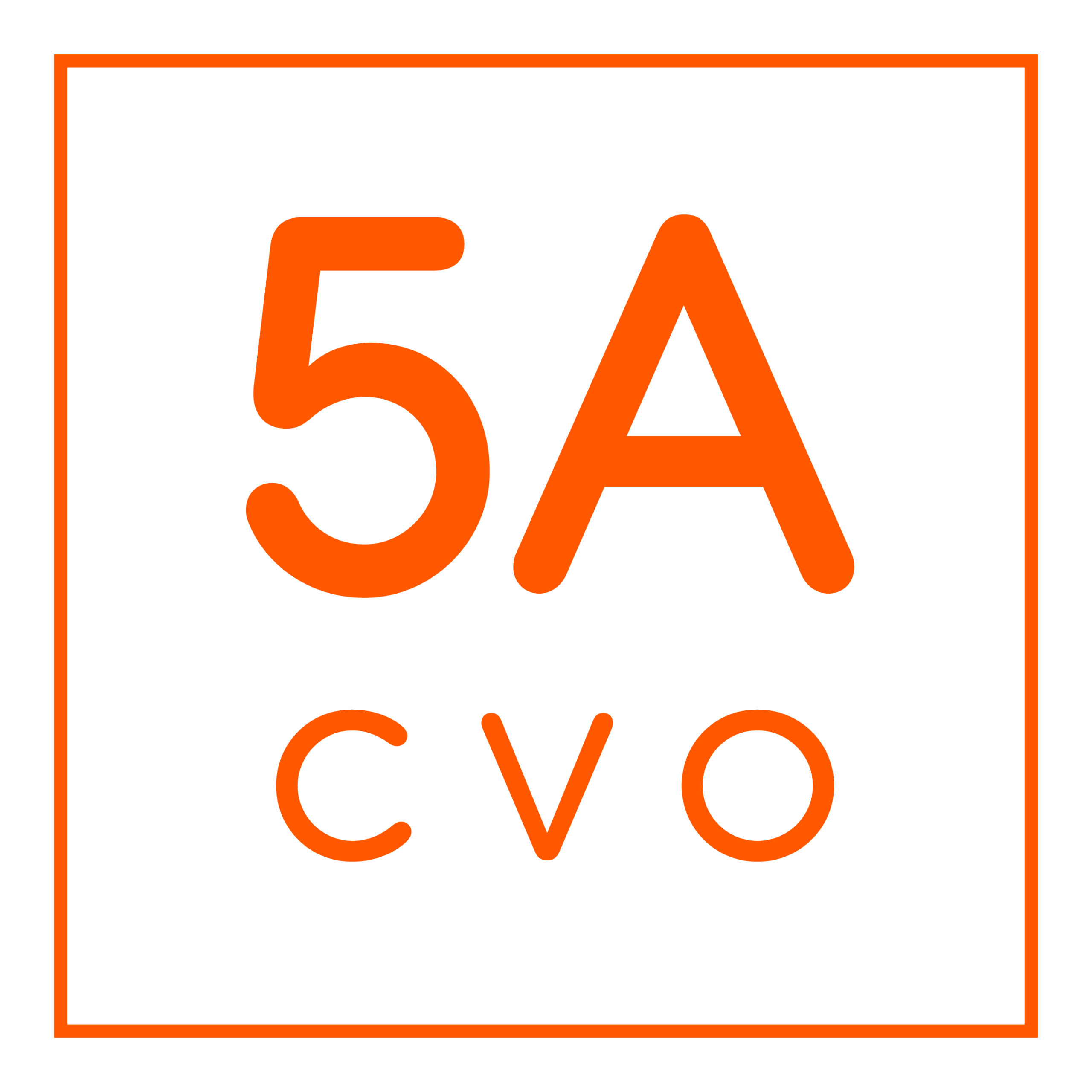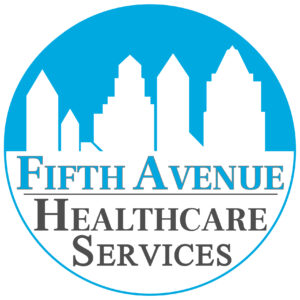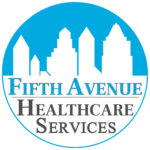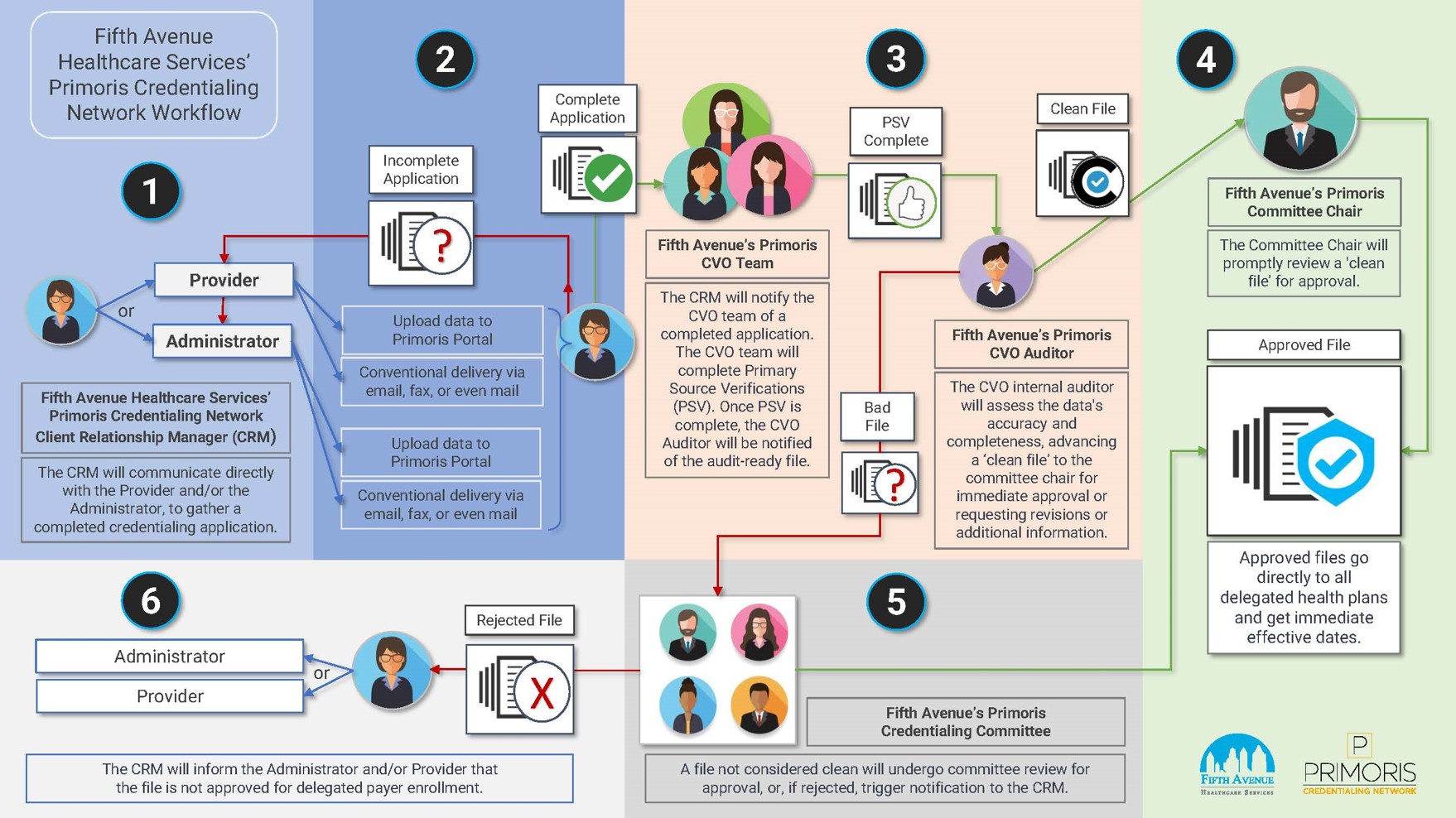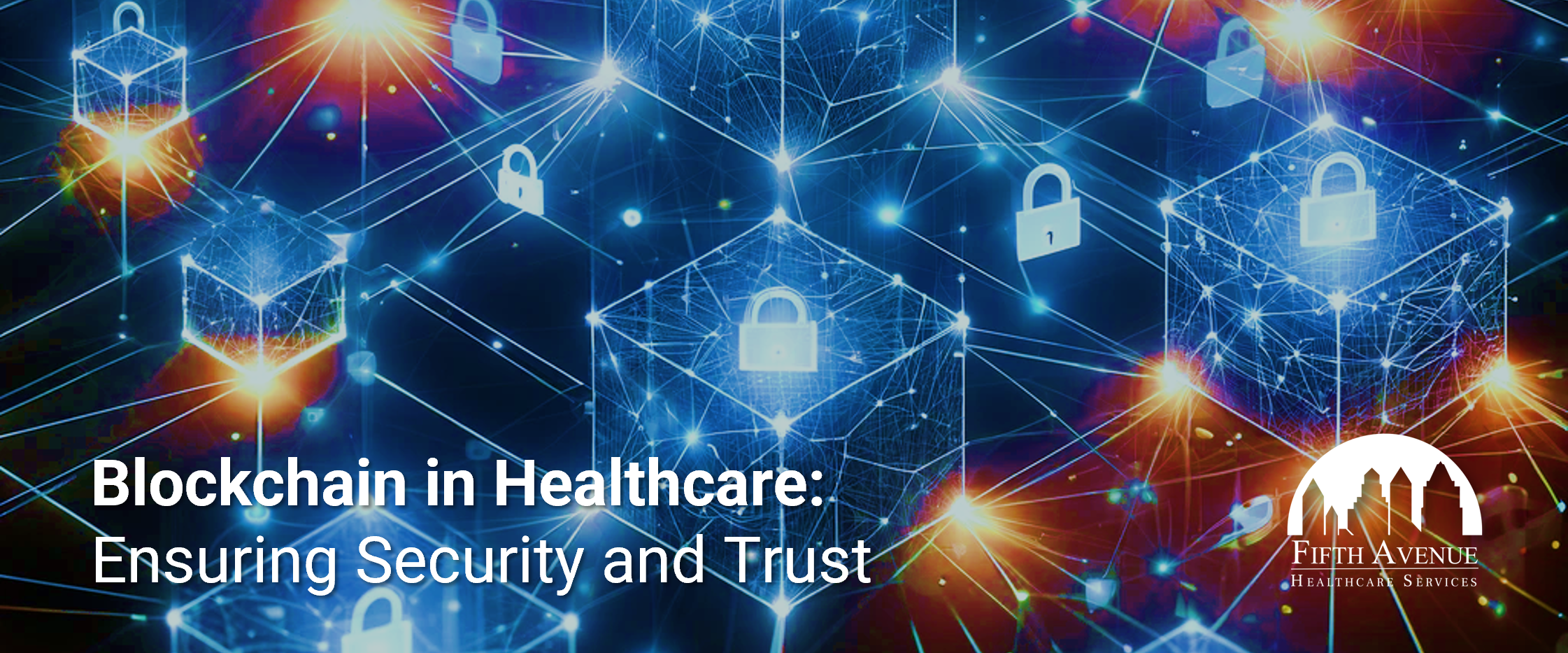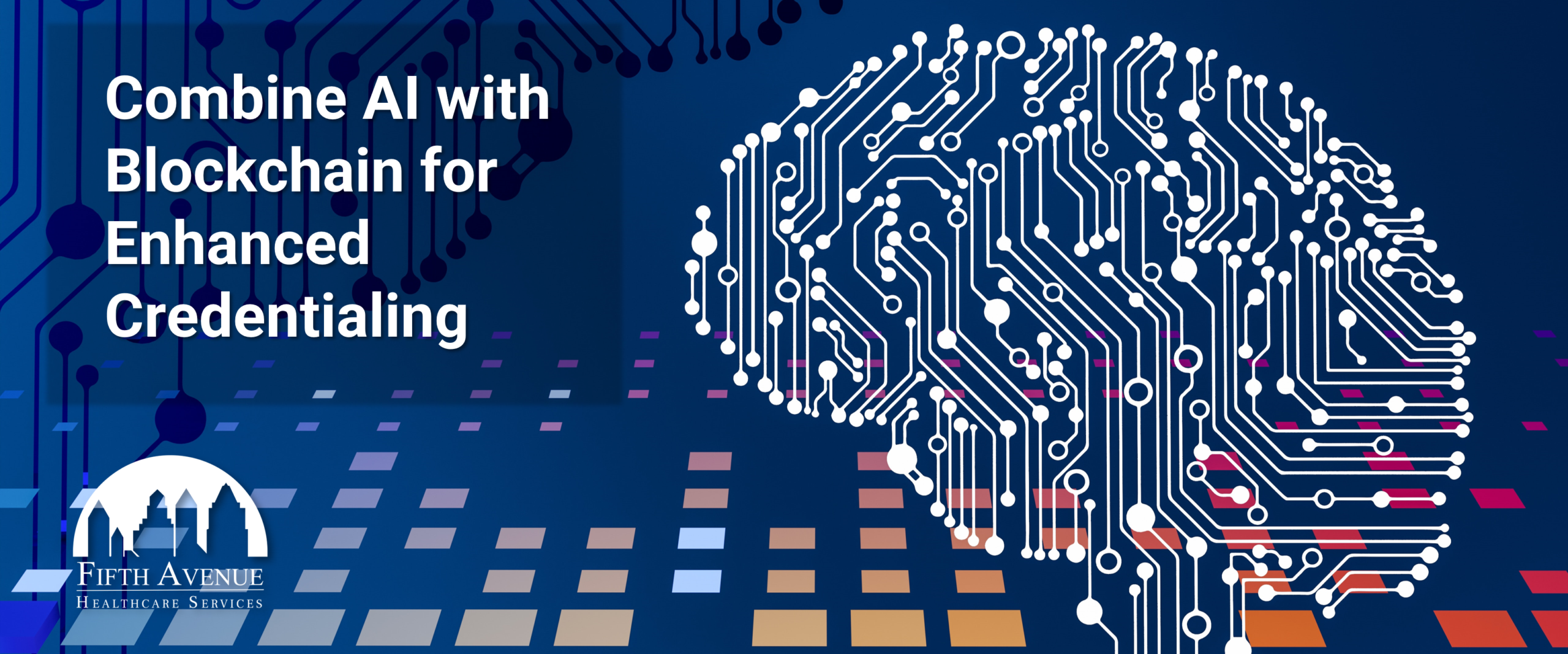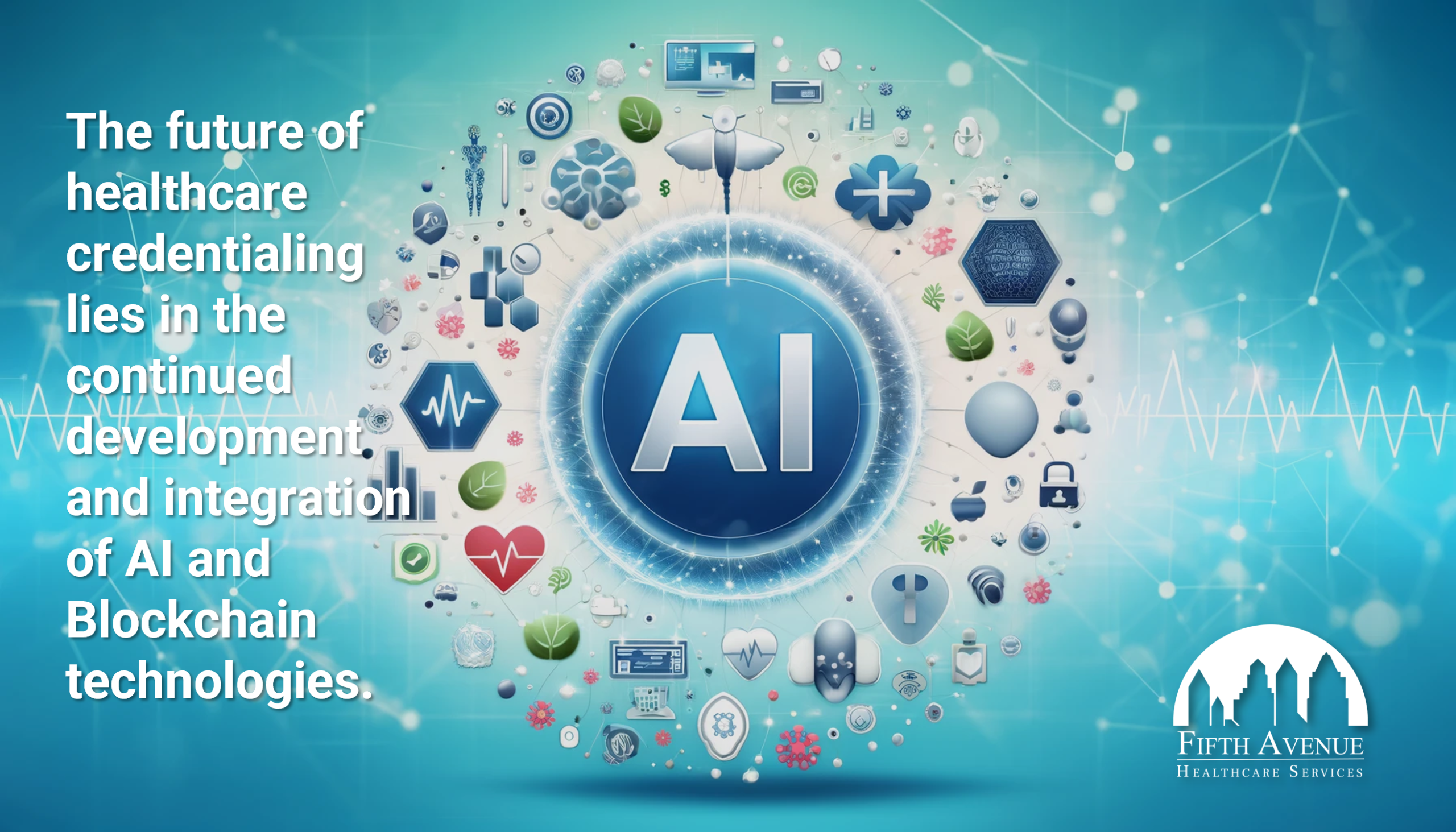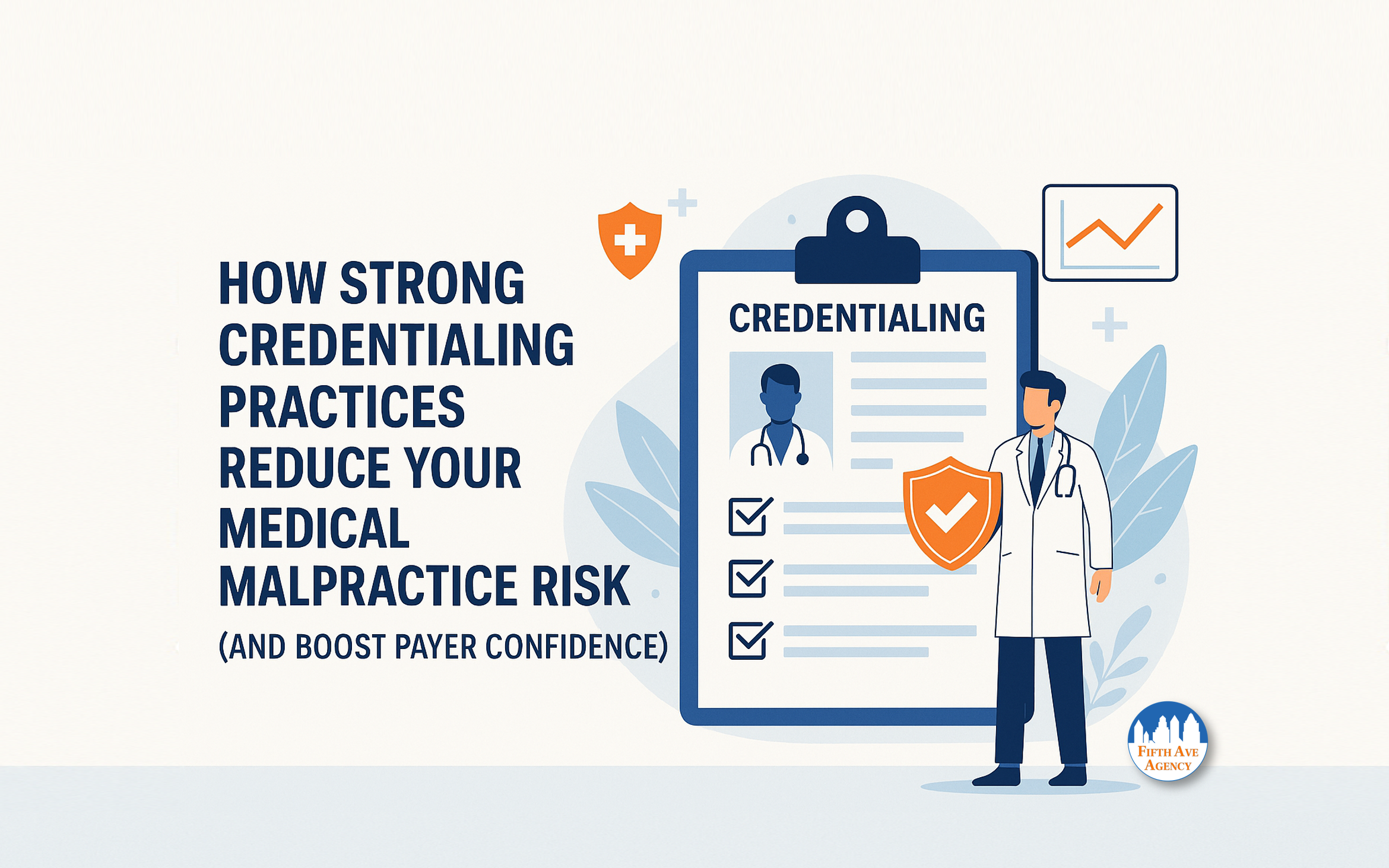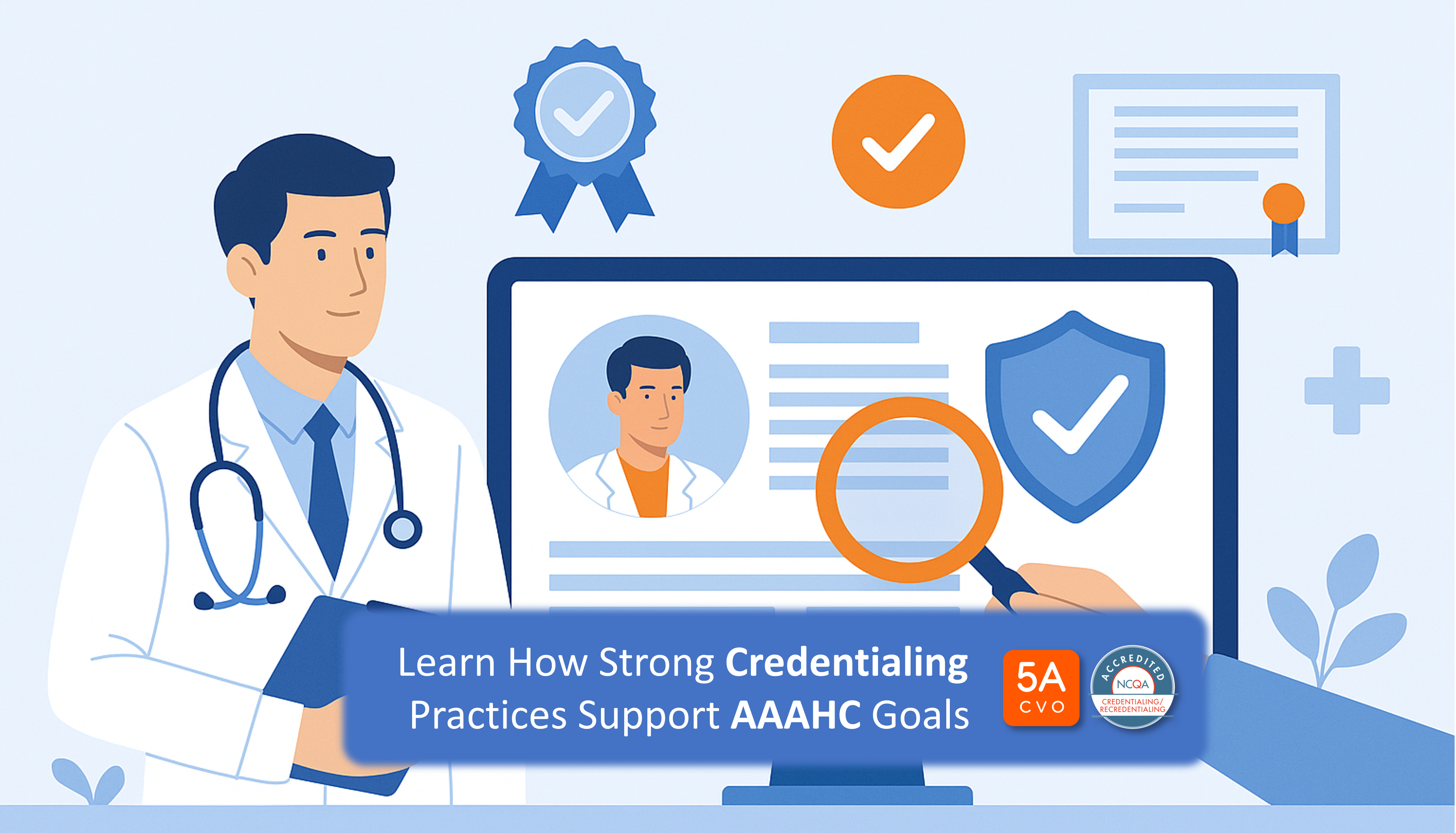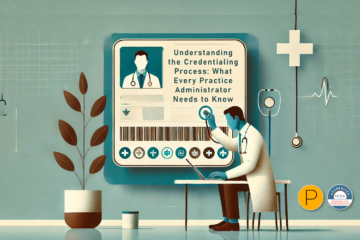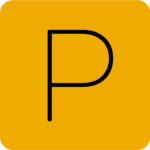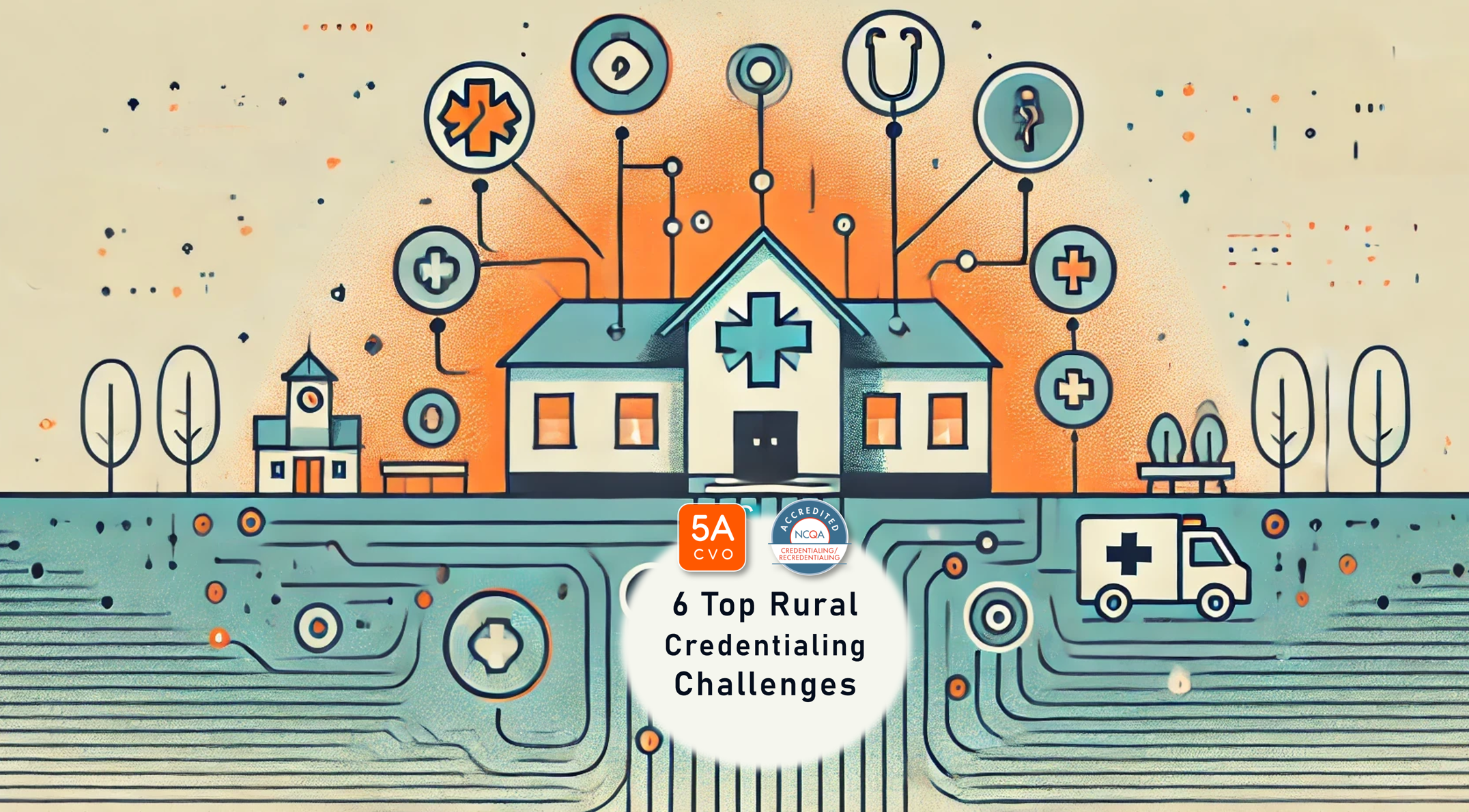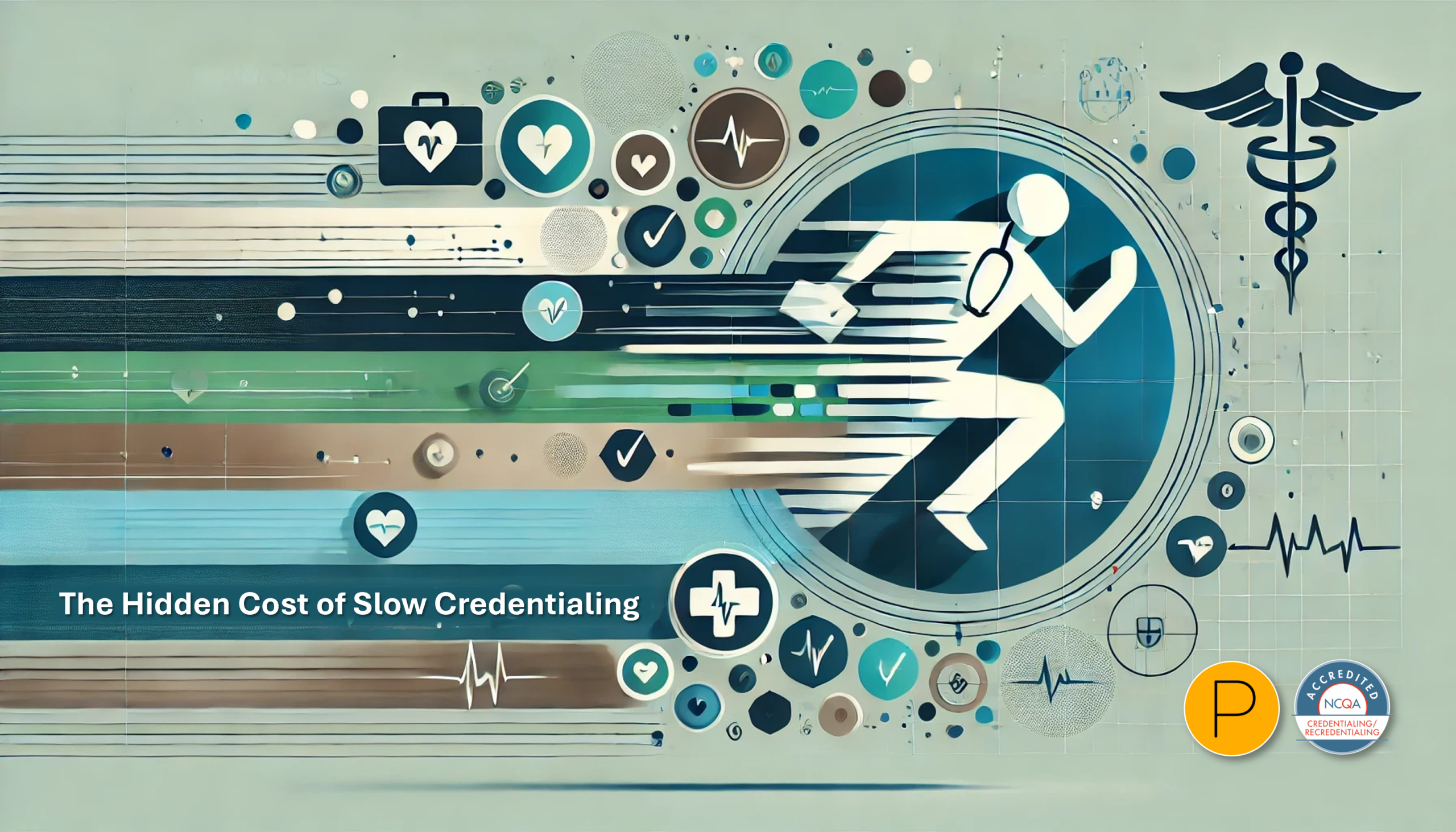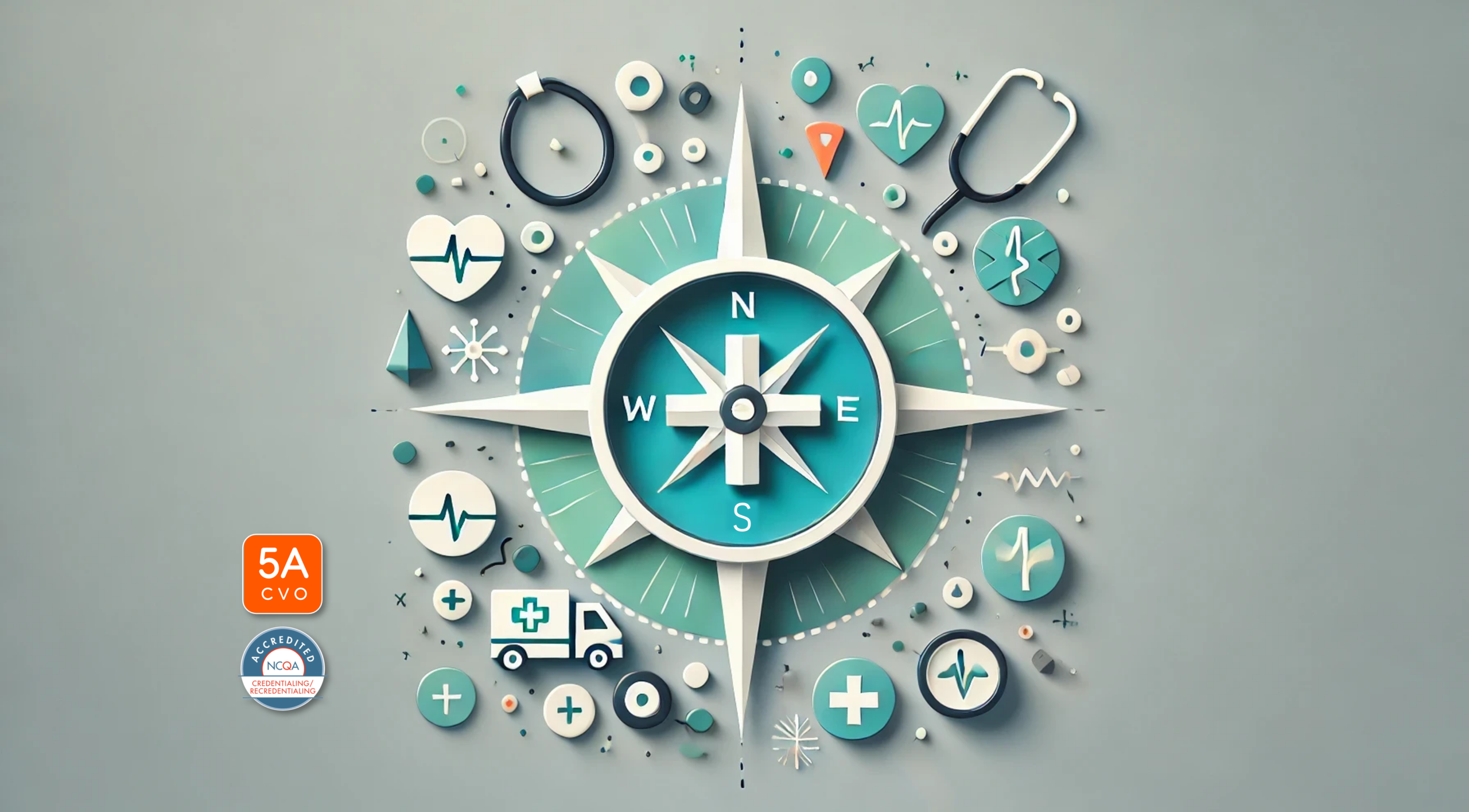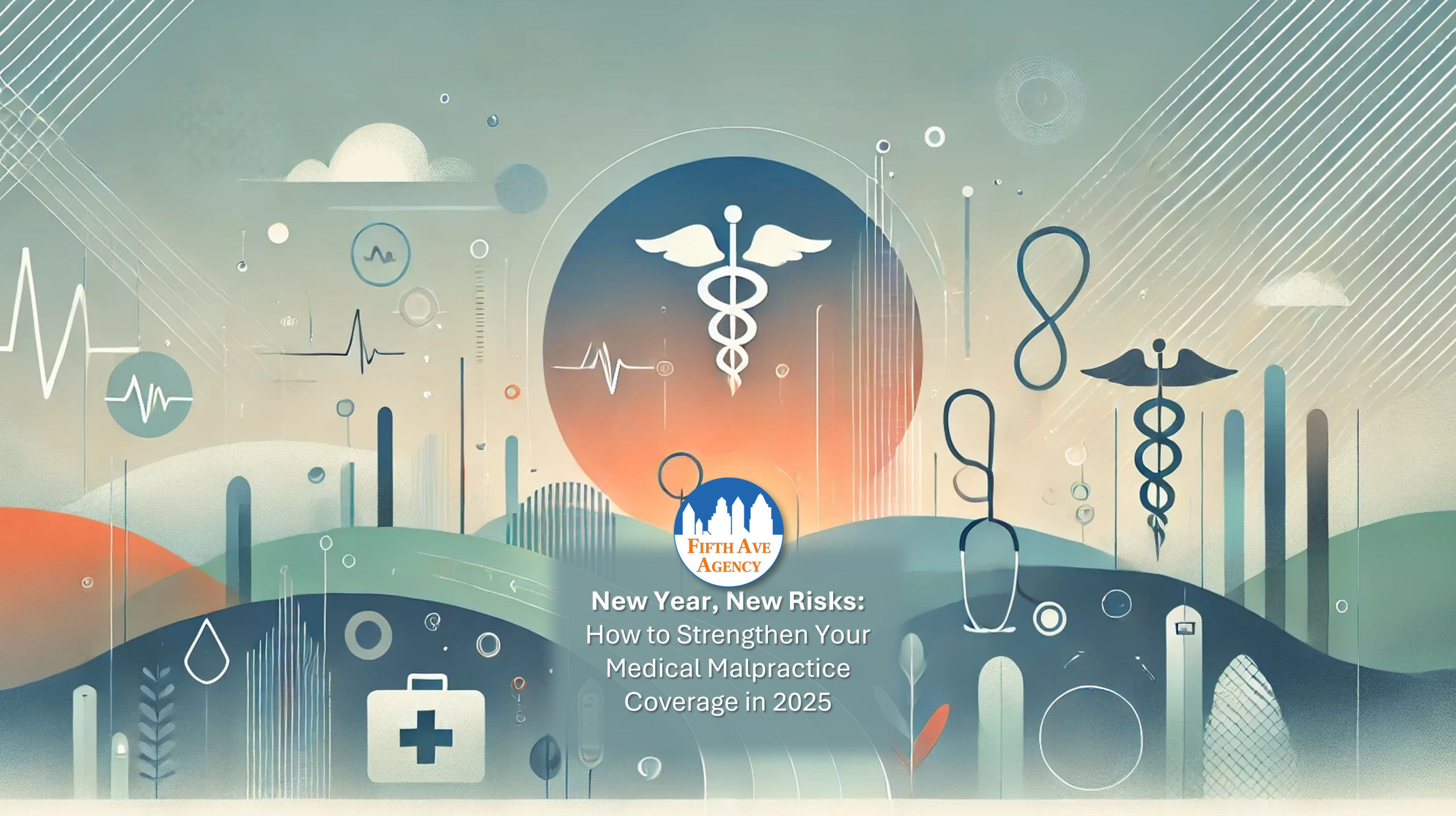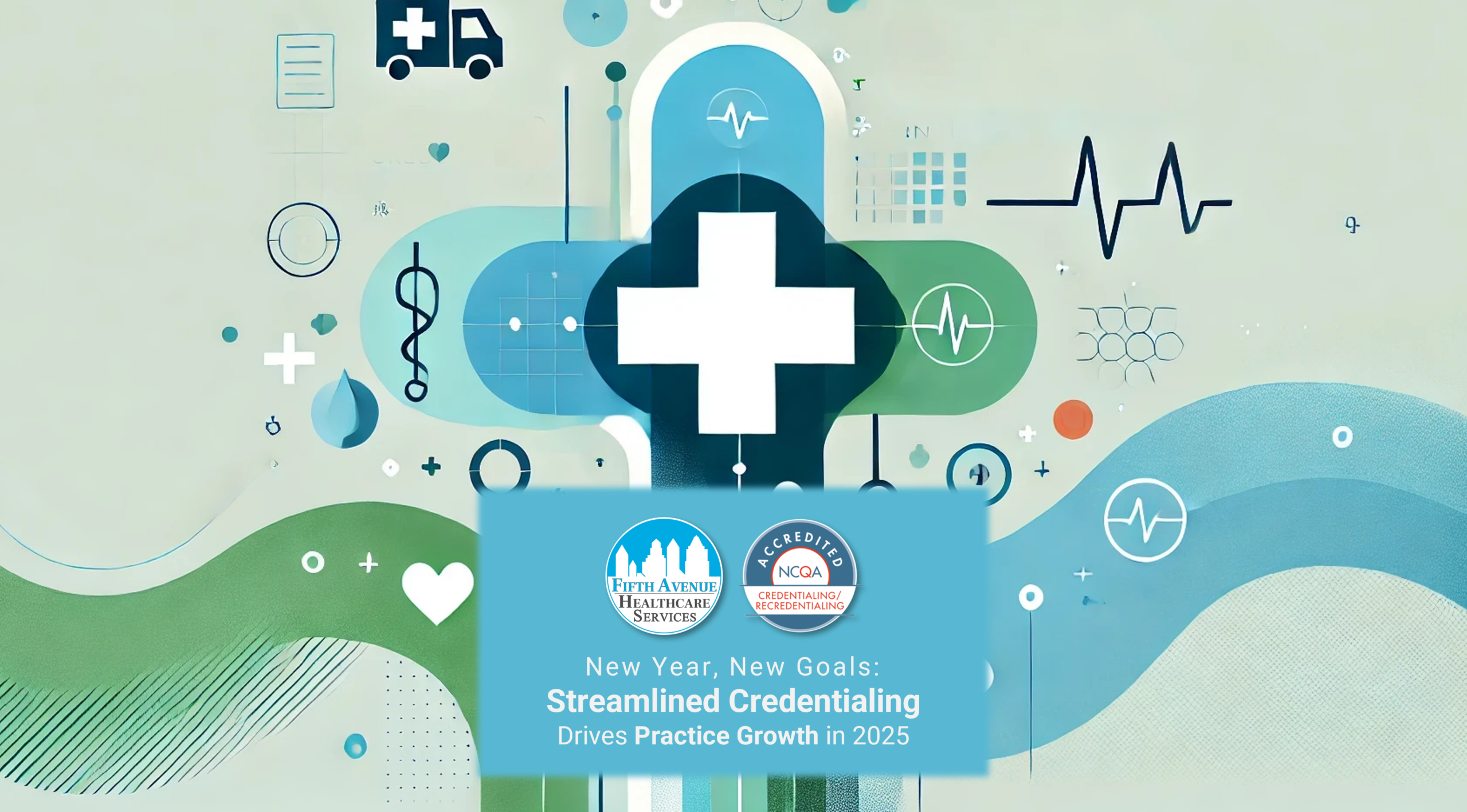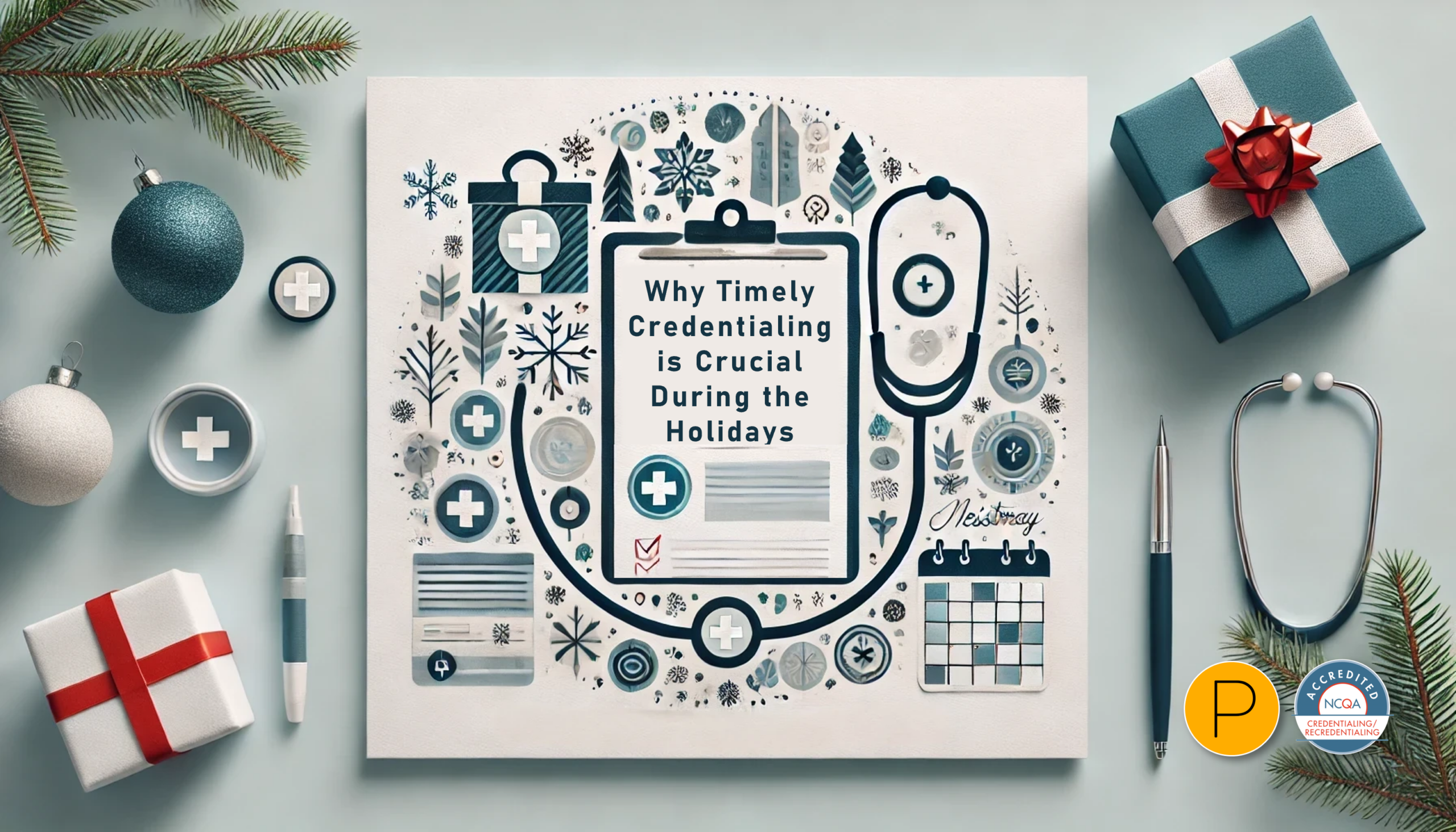Integrating artificial intelligence (AI) and blockchain technology in healthcare credentialing transforms how medical credentials are verified and managed, offering a new paradigm of security, efficiency, and trust in the healthcare sector.
This blog article explores the current landscape, challenges, and prospects of employing AI and blockchain in healthcare credentialing, supported by insights from various studies and expert opinions.
Summary Overview
- Introduction to Healthcare Credentialing Challenges: The article starts by outlining the traditional challenges of healthcare credentialing—manual processes, time-consuming verification, and susceptibility to errors and fraud. This sets a clear stage for the need for technological innovations.
- The Role of AI in Healthcare Credentialing: It describes how AI can automate and enhance the verification of healthcare professionals’ qualifications, reducing human error and operational costs. Citing studies and case studies, the article provides evidence of AI’s efficiency in data processing and fraud detection, making the case for its implementation plausible and grounded in research.
- Blockchain’s Contribution: By explaining blockchain’s decentralized, secure, and immutable nature, the article effectively argues how blockchain technology can enhance integrity and trust in the credentialing process. References to publications and analyses offer a solid foundation for blockchain’s role in combating fraud and ensuring data security.
- Combining AI with Blockchain: This section is crucial as it articulates the synergistic potential of integrating AI with blockchain for healthcare credentialing. It convincingly presents how this integration can enhance efficiency, accuracy, security, and global workforce mobility, supported by expert opinions and reports.
- Challenges and Considerations: Acknowledging the complexities, regulatory compliance, and the need for widespread adoption provides a balanced view, showing the article’s consideration of the practical hurdles in implementing these technologies.
- Standards and Innovations: The article sensibly ties technological innovations to the standards set by major healthcare organizations and accreditation bodies. This link to established standards and the potential for these technologies to meet or exceed such standards add credibility and significance to the proposed technological solutions.
- Future Prospects: Finally, discussing the prospects and emphasizing ongoing development, standardization, and collaboration offers a realistic and optimistic forward-looking perspective.
Introduction to Healthcare Credentialing
Healthcare credentialing is the process of verifying the qualifications of healthcare providers, including their education, training, and experience, to ensure they are competent to provide care. Traditionally, this process has been manual, time-consuming, and prone to errors, leading to inefficiencies and increased risk of fraud.
The Role of AI in Healthcare Credentialing
Artificial Intelligence (AI) is set to revolutionize the healthcare credentialing process by automating and enhancing the verification of healthcare professionals’ qualifications. AI algorithms can quickly analyze vast amounts of data from various sources to verify credentials, reducing human error and operational costs.
For example, AI can be used to automatically verify the authenticity of educational degrees, licenses, and certifications from databases worldwide, significantly speeding up the credentialing process.
- Health Affairs, 2019: Discusses AI’s potential to streamline healthcare administrative processes, including credentialing.
- Journal of Medical Internet Research, 2020: This paper highlights the efficiency of AI algorithms in processing and verifying large datasets of healthcare professionals’ credentials.
Below, we delve into various aspects of AI’s role in healthcare credentialing.
Automated Data Verification
AI algorithms excel at processing and analyzing large volumes of data rapidly. In healthcare credentialing, these algorithms can automate verifying documents such as medical degrees, licenses, and certifications.
This automation significantly reduces the manual workload and minimizes the risk of human error, leading to a more streamlined and efficient credentialing process.
Case Study: A 2020 study published in the Journal of Medical Systems demonstrated an AI system’s ability to verify medical credentials by cross-referencing information across multiple databases, reducing verification time by over 50% compared to traditional methods.
Fraud Detection
Unfortunately, the healthcare sector is not immune to fraudulent activities, including presenting fake credentials. AI can play a crucial role in detecting and preventing such fraud. Machine learning models can be trained to identify discrepancies, anomalies, and patterns indicative of fraudulent credentials, thereby enhancing the integrity of the credentialing process.
Research Finding: According to a 2021 report in the International Journal of Medical Informatics, AI algorithms were instrumental in identifying fraudulent medical credentials with a high accuracy rate, showcasing their potential to safeguard the healthcare system against malpractice.
Continuous Credential Monitoring
AI systems can be set up to continuously monitor and verify healthcare professionals’ credentials. This ensures that any changes, such as license expirations or disciplinary actions, are promptly identified and addressed. Continuous monitoring supports maintaining high standards of care and compliance with regulatory requirements.
Industry Example: An innovative AI platform discussed in a 2022 edition of Healthcare IT News offers continuous monitoring of healthcare credentials, providing healthcare organizations with real-time alerts about changes or updates in their staff’s credentials.
Enhanced Data Security
Incorporating AI into credentialing also means improved security for sensitive personal data. AI algorithms can encrypt and protect data, ensuring that healthcare professionals’ information is secure and accessible only to authorized parties. This aspect is particularly crucial given the sensitive nature of the data involved in credentialing.
Expert Opinion: Cybersecurity experts highlighted the role of AI in enhancing the security and privacy of healthcare data, including credentials, in a 2023 webinar hosted by the American Health Information Management Association (AHIMA).
Streamlining Credentialing Across Borders
With the increasing mobility of healthcare professionals globally, credentialing across borders becomes a complex challenge. AI can facilitate recognizing and verifying international credentials, making it easier for professionals to work across different countries and healthcare systems.
This global approach to credentialing can help address healthcare workforce shortages and promote a more integrated global health community.
Global Initiative: The World Health Organization’s (WHO) 2023 report on digital health emphasizes the importance of leveraging AI to streamline the international mobility of healthcare workers, highlighting initiatives aimed at mutual recognition of credentials.
The expanded role of AI in healthcare credentialing is a testament to the technology’s capacity to transform and enhance the healthcare sector. By automating data verification, improving fraud detection, enabling continuous monitoring, enhancing data security, and facilitating global workforce mobility, AI is setting new standards for efficiency, security, and trust in healthcare credentialing.
As technology evolves and its adoption becomes more widespread, the future of healthcare credentialing looks promising, marked by increased operational efficiency and a stronger emphasis on patient safety and care quality.
Blockchain: Ensuring Security and Trust
Blockchain technology offers a decentralized and secure platform for storing and sharing credentialing information, enhancing trust and transparency in the healthcare system.
Each transaction on the blockchain is encrypted and linked to the previous one, making it almost impossible to alter. This ensures the integrity of the credentialing data.
- Blockchain in Healthcare Today, 2021: This article explores the application of blockchain for the secure storage of healthcare credentials, emphasizing its potential to combat fraud.
- International Journal of Health Governance, 2022: This article analyzes blockchain’s role in improving data integrity and trust in healthcare credentialing.
Combining AI with Blockchain for Enhanced Credentialing
Integrating Artificial Intelligence (AI) and blockchain technology marks a significant leap forward in healthcare credentialing. Combining AI’s analytical prowess with blockchain’s unparalleled security features, this hybrid approach sets new benchmarks for efficiency, accuracy, and trustworthiness in verifying healthcare professionals’ credentials.
This integration allows for real-time credential verification, automatic updates, and secure sharing of credentials among healthcare institutions.
- Forbes, 2022: This article provides an overview of how AI and blockchain are integrated in various sectors, including healthcare, for improved efficiency and security.
- Harvard Business Review, 2023: Discusses the transformative potential of AI and blockchain integration in healthcare, particularly in credentialing.
Here is an expanded look at how the fusion of these technologies enhances credentialing processes.
Enhanced Efficiency and Accuracy
AI algorithms excel at parsing vast datasets quickly and accurately, identifying patterns and anomalies, and verifying credentials against multiple sources in real time. When integrated with blockchain, the validated data is recorded on a secure, immutable ledger.
This synergy speeds up the credentialing process by automating manual checks and significantly reduces errors. The blockchain ensures that once a credential is verified and recorded, it cannot be tampered with, providing a single source of truth that healthcare institutions can rely upon globally.
Real-Time Data Verification: AI’s ability to process and analyze data in real-time, coupled with blockchain’s capability to record these verifications immediately, ensures that credentialing information is always current and accurate. This real-time functionality is critical in healthcare settings where the status of a professional’s credentials can change, affecting their eligibility to provide care.
Increased Security and Trust
Blockchain’s decentralized nature means that the data stored on it is not controlled by a single entity, significantly reducing the risk of data breaches. Each transaction on the blockchain is encrypted and linked to the previous transaction, creating a secure and unalterable chain of records.
AI enhances this security by monitoring the network for unusual patterns indicating a security threat, ensuring that credentialing information remains protected.
Immutable Record Keeping: The combination of blockchain’s immutable record-keeping with AI-driven security protocols ensures that once credentialing information is verified and stored, it remains unaltered and secure. This level of security fosters trust among all stakeholders, including healthcare providers, institutions, and regulatory bodies.
Streamlined Credential Sharing
Integrating AI with blockchain allows for the creation of a standardized and interoperable platform where verified credentials can be stored and shared securely across different healthcare systems and borders.
This streamlined sharing mechanism significantly reduces the redundancy of repeated credential verifications for healthcare professionals working in multiple locations or moving between institutions.
Smart Contracts for Automated Verification: Utilizing smart contracts on the blockchain can further automate credentialing. These contracts can execute automatically when certain conditions are met, such as renewing a license if the AI verifies ongoing education credits. This automation reduces administrative overhead and speeds up the credentialing process.
Facilitating Global Workforce Mobility
The combination of AI and blockchain facilitates the global mobility of healthcare professionals by providing a secure, standardized platform for credential verification.
This system supports the mutual recognition of credentials across countries, which is crucial in addressing global healthcare workforce shortages and enabling a more responsive and flexible healthcare system, especially during international health crises.
Global Credential Database: A unified global database powered by AI and blockchain could revolutionize how healthcare credentials are managed worldwide, making it easier for professionals to practice in different countries and for institutions to verify the qualifications of international staff quickly and reliably.
The synergy between AI and blockchain in healthcare credentialing presents a transformative solution that addresses long-standing challenges in verifying and managing healthcare professionals’ credentials. This integrated approach enhances efficiency, accuracy, and security and lays the foundation for a more interconnected and trustworthy global healthcare system.
As these technologies continue to evolve and their integration deepens, the potential for innovation in healthcare credentialing is boundless. It promises a future where healthcare systems worldwide can seamlessly and securely access and trust professionals’ credentials.
Challenges and Considerations
Despite the benefits, integrating AI and blockchain in healthcare credentialing faces several challenges, including technological complexity, regulatory compliance, and the need for widespread adoption across healthcare institutions.
- Journal of American Medical Informatics Association, 2021: Examines the challenges in adopting blockchain in healthcare, including regulatory and technical hurdles.
- Healthcare Information and Management Systems Society (HIMSS), 2022: Highlights the need for standardization and interoperability among different blockchain systems in healthcare.
Integrating Standards and Innovations in Healthcare Credentialing
Integrating Artificial Intelligence (AI) and blockchain technology into healthcare credentialing is a technological evolution and a strategic alignment with the rigorous standards set forth by leading healthcare organizations and accreditation bodies.
These entities, including the National Committee for Quality Assurance (NCQA), National Association of Medical Staff Services (NAMSS), Accreditation Association for Ambulatory Health Care (AAAHC), URAC, and The Joint Commission (TJC), play a pivotal role in defining healthcare quality and safety standards. Their engagement with or endorsement of AI and blockchain technologies can significantly impact credentialing.
- National Committee for Quality Assurance (NCQA): NCQA’s commitment to improving healthcare quality through accreditation, certification, and performance measurement presents a compelling framework for integrating AI and blockchain in credentialing. AI’s ability to automate and ensure accuracy in credential verification could enhance NCQA’s standards, making the process more efficient and reliable. Blockchain’s immutable ledger could further ensure the integrity and security of credentialing data, aligning with NCQA’s goals of transparency and accountability.
- National Association of Medical Staff Services (NAMSS): NAMSS sets the standard for the credentialing process and professional development in medical staff services. Adopting AI and blockchain technology could revolutionize how NAMSS members approach credentialing, offering tools for more streamlined, accurate, and secure processes. Guidance or standards from NAMSS on these technologies could pave the way for their widespread acceptance and implementation in healthcare credentialing.
- Accreditation Association for Ambulatory Health Care (AAAHC): Focusing on the accreditation of ambulatory health care organizations, AAAHC could see significant benefits from integrating AI and blockchain in credentialing. These technologies could simplify the compliance process, ensuring that credentials are always up-to-date and accurately reflected, supporting AAAHC’s mission of improving healthcare quality and safety.
- URAC: URAC’s broad spectrum of accreditation programs across the healthcare industry positions it uniquely to advocate for technological advancements in credentialing. By endorsing AI and blockchain, URAC could influence healthcare organizations to adopt these technologies, fostering a more efficient, secure, and quality-driven healthcare system.
- The Joint Commission (TJC): As a symbol of quality and safety in healthcare, TJC’s standards are critical benchmarks. Integrating AI and blockchain could help healthcare organizations meet or exceed these standards, particularly in the accuracy and security aspects of credentialing. TJC’s acknowledgment of these technologies could be a powerful endorsement, encouraging their adoption across the healthcare sector.
The intersection of AI and blockchain technology with the standards and expectations of leading healthcare accreditation and standard-setting organizations heralds a new era in healthcare credentialing.
The healthcare industry can move towards a more integrated, secure, and efficient credentialing process by aligning technological innovations with the rigorous quality, safety, and efficiency standards set by organizations like NCQA, NAMSS, AAAHC, URAC, and TJC.
This collaboration between technology and standards enhances the credentialing process and reinforces the commitment to excellence in healthcare.
Future Prospects
The future of healthcare credentialing lies in the continued development and integration of AI and blockchain technologies. Efforts towards standardization, regulatory clarity, and fostering collaboration among stakeholders are essential to fully realizing these technologies’ potential.
- MIT Technology Review, 2023: Predict future trends in AI and blockchain in healthcare, emphasizing the importance of innovation and regulatory support.
- World Health Organization (WHO), 2023: Outlines the global strategy for digital health, including the role of AI and blockchain in enhancing healthcare systems worldwide.
Revolutionizing Healthcare Credentialing with AI and Blockchain Technology: Conclusion
Integrating AI and blockchain in healthcare credentialing represents a significant advancement towards a more efficient, secure, and trustworthy healthcare system.
While challenges remain, the potential benefits of improved credential verification processes are immense. They promise a future where healthcare providers can be seamlessly and securely credentialed, ultimately benefiting patient care worldwide.
The insights from these referenced works show that while the journey towards fully integrating AI and blockchain in healthcare credentialing is still underway, the path forward offers exciting possibilities for transforming healthcare administration and enhancing patient safety and care quality.
More information about Fifth Avenue Healthcare Services
Fifth Avenue Healthcare Services is an NCQA Credentialing Accredited family of healthcare companies. Sister companies include 5ACVO (credentialing and primary source verification specialists), Fifth Avenue Agency (MPLI and medical malpractice insurance specialists), and Primoris Credentialing Network (credentialing and provider enrollment specialists with 54+ health plan and network provider enrollment options).
Our parent company, Fifth Avenue Healthcare Services, originally published this article here. For information on Fifth Avenue Healthcare Services, please visit FifthAvenueHealthcareServices.com or Contact Us.
